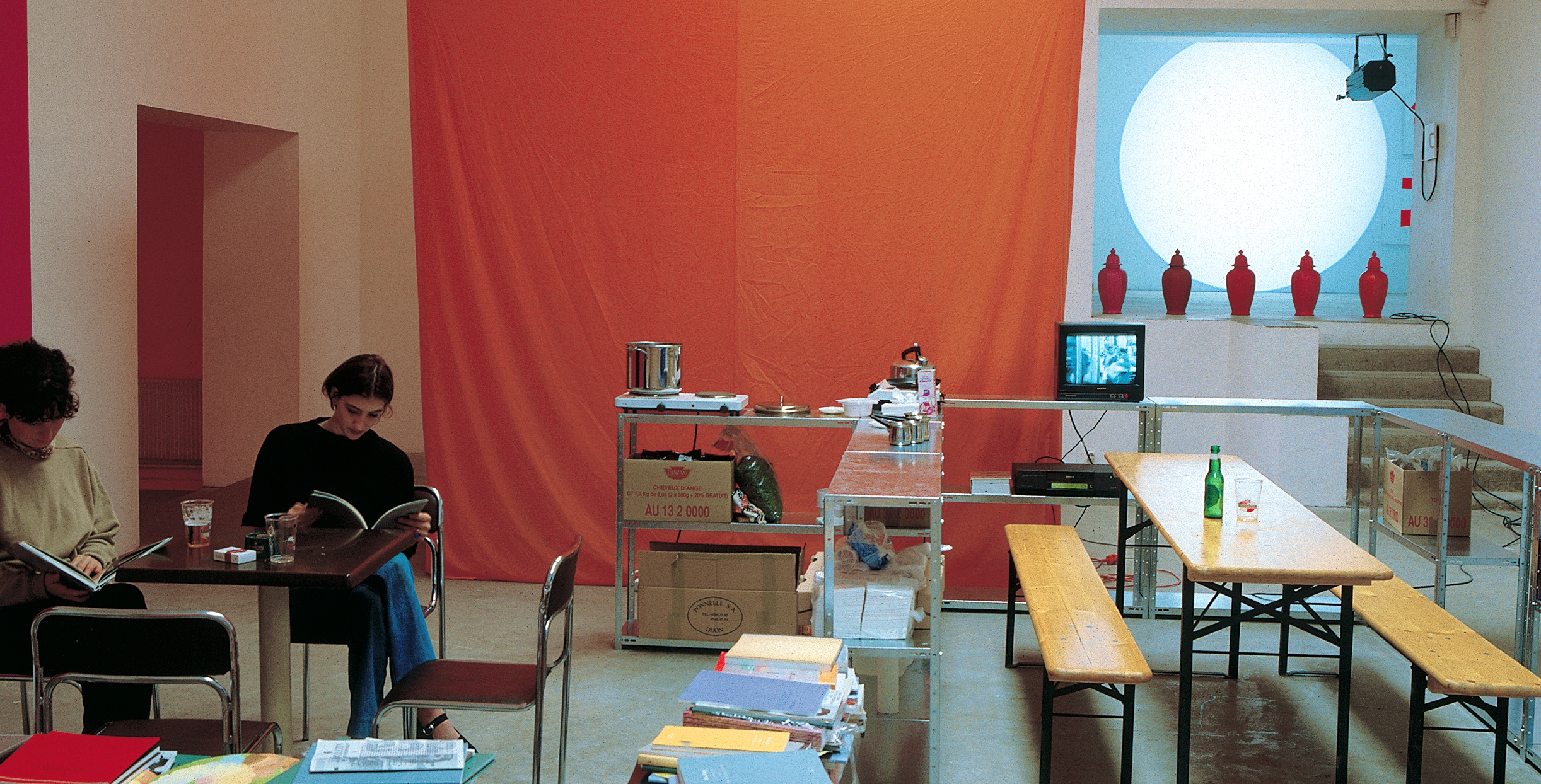NEW PUBLICATION: ‘RELATIONAL ART’ ENTRY FOR
WILEY’S INTERNATIONAL ENCYCLOPEDIA OF ANTHROPOLOGY
WILEY’S INTERNATIONAL ENCYCLOPEDIA OF ANTHROPOLOGY

It’s finally out! I’m super excited to have contributed to Wiley’s International Encylopedia of Anthropology. I’ve written the entry for Relational Art and discuss some of the implications of Nicolas Bourriaud’s curatorial paradigm for anthropologists and the academy more widely.
Access the encyclopedia entry here or download below.
Relational art refers to a mode of artistic practice informed by “relational aesthetics,” a term first used by French curator Nicolas Bourriaud. Relational art shifts its point of composition from an object, such as a sculpture or painting, to propose an open-ended shared space in which viewers become active coparticipants and coproducers in the elaboration of meaning. Such work is typically based on a convivial space where the artist seeks to enact the meeting of diverse subjectivities in a space of encounter. Through such “micro-utopias,” it is possible to theorize the connections between artistic practice and important anthropological interests such as sociality, politics, and meaning. In this manner, relational aesthetics opens a theoretical outlook premised on themes of utopia, modernity, and teleology that bears directly on questions regarding the production of meaning, ethics, resistance, monumentality, audit culture, and neoliberal modes of production.
Access the encyclopedia entry here or download below.
Relational art refers to a mode of artistic practice informed by “relational aesthetics,” a term first used by French curator Nicolas Bourriaud. Relational art shifts its point of composition from an object, such as a sculpture or painting, to propose an open-ended shared space in which viewers become active coparticipants and coproducers in the elaboration of meaning. Such work is typically based on a convivial space where the artist seeks to enact the meeting of diverse subjectivities in a space of encounter. Through such “micro-utopias,” it is possible to theorize the connections between artistic practice and important anthropological interests such as sociality, politics, and meaning. In this manner, relational aesthetics opens a theoretical outlook premised on themes of utopia, modernity, and teleology that bears directly on questions regarding the production of meaning, ethics, resistance, monumentality, audit culture, and neoliberal modes of production.
auflynn [at] arts.ucla.edu
Alex Ungprateeb Flynn is an Assistant Professor at the Department of World Arts and Cultures/Dance, University of California, Los Angeles. Working as an anthropologist and curator, Alex’s practice explores the intersection of ethnographic and curatorial modes of enquiry. Researching collaboratively with activists, curators and artists in Brazil since 2007, Alex explores the prefigurative potential of art in community contexts, prompting the theorisation of fields such as the production of knowledge, the pluriversal, and the social and aesthetic dimensions of form.